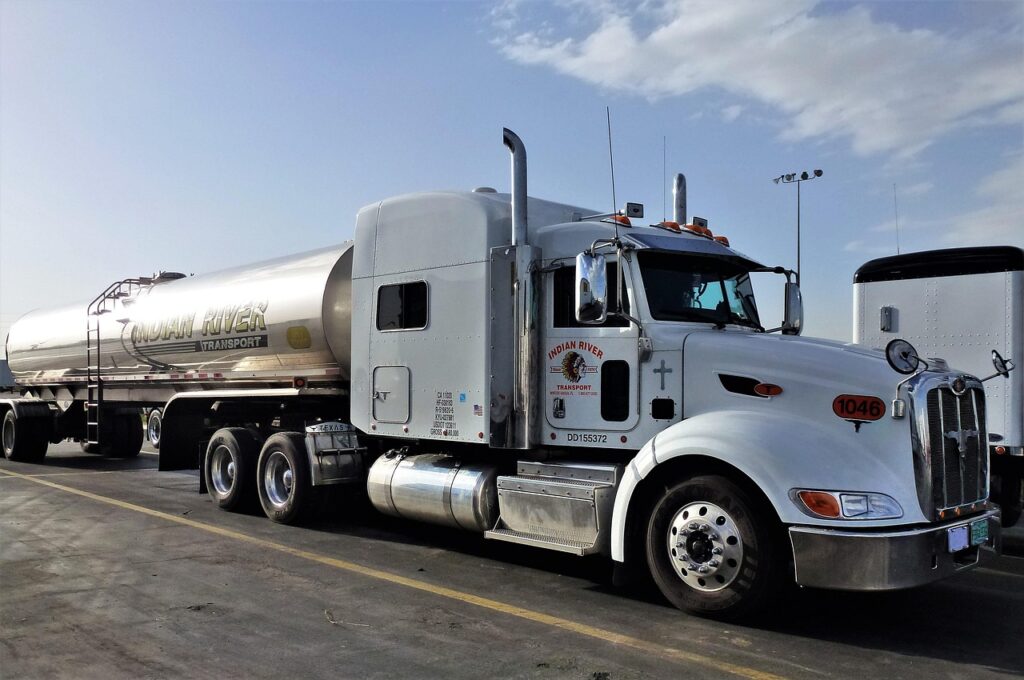Now Reading: Lease Agreement Vs. Rental Agreement
-
01
Lease Agreement Vs. Rental Agreement

Lease Agreement Vs. Rental Agreement
When looking for a new residence, it can be easy to believe that lease and rental agreements are the same because the terms are commonly applied interchangeably. However, they differ in many ways, especially concerning important tenant rights. To take a deeper look at the differences between the two, you’ll see that the time periods, contractual agreements, and eviction processes are drastically different.
What’s Different Between Lease Agreement and Rental Agreements?
Leases and rental agreements differ regarding pricing and flexibility.
Increases in Rent
You can expect that the rental agreement when you signed your lease will likely stay the same every time you renew. However, with a rental agreement, the price can be increased within the next contract renewal period. Every 30 days, you could face an increase in rent.
Option to Renew
Every year that passes, you will likely be able to renew your lease as long as the landlord isn’t selling the building. However, for rental agreements, you may not be able to renew month-to-month, as the landlord may prefer another tenant and ask you to relocate.
Flexibility
When you break a rental agreement, there are fewer consequences. You won’t lose your security deposit, and your landlord won’t need to chase you down for any leftover rent. They are more flexible around letting you go before the agreement’s end. However, if you have a lease, you may have to forfeit parts of your security deposit. You may be required to pay for the remaining rent if you don’t pay an early termination fee or let the landlord know ahead of time you plan to vacate the premises.
What’s Similar Between Lease Agreement and Rental Agreements?
Lease and rental agreements overlap in several ways concerning the rights of the tenants and contract rules.
Contract Renewal Periods
According to ezLandlordForms, rental agreements have a shorter-term period compared to lease agreements. On average, a rental contract agreement lasts 30 days, while a lease contract lasts 12 months or more. If you go past the 12-month lease in a lease agreement, then it converts to a month-to-month informal rental agreement.
Security Deposit
Although lease and rental agreements have different term periods, the landlord may still demand a security deposit. This is when the renter has to provide a lump sum that is refundable if no damage is done to the property. For both lease and rental agreements, if the property is damaged, then the cost of the damage is deducted from the security deposit.
Maintenance
The tenant is responsible for certain maintenance aspects outlined in the contract for both the lease and rental agreement. If repairs go beyond that limit, then the landlord is responsible.
Tenant Rights
In both leases and rental agreements, the tenant has rights over their home. For example, the landlord’s right to entry has to be announced ahead of time and is only for necessary maintenance. If the tenant isn’t breaking any rules, they cannot be evicted or forced to leave. If they are evicted, they have to be given a notice followed by a court order that they will be removed on a certain date.
Discover More On Rental and Lease Agreements
You can find out more information about how lease and rental agreements are structured. Browse various landlord forms online to find out more.









